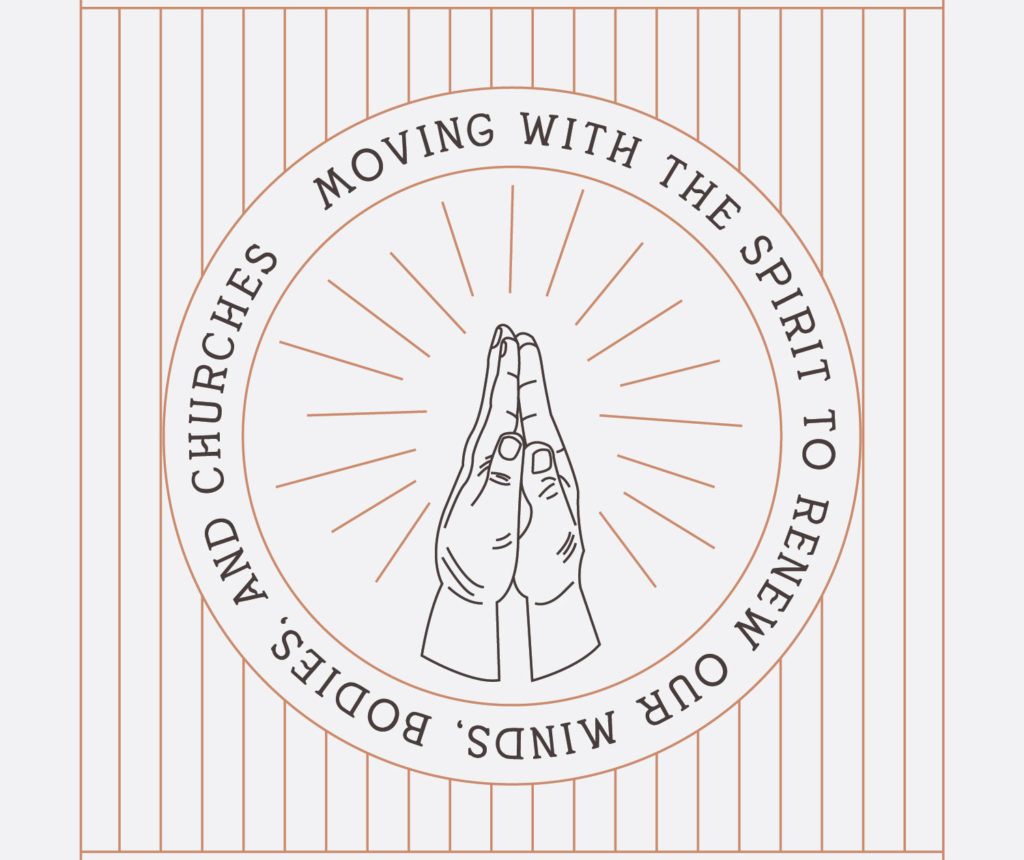
6 Lies That Sink Marriages
At RENEW.org, we want to encourage faithful, healthy marriages. Decaying marriages can often be directly traced back to a lie that someone believed to be true. Here are six common lies which—if you find yourself buying into them—can sink your marriage.
#1 – The grass is greener on the other side of the fence.
This lie causes your heart and mind to drift away from your spouse and toward someone else as you start to wonder, “What would it be like if…” But here’s the truth: “The grass is greener where you water it.” If you water your grass and care for it, it will be greener and healthier. There has to be intentionality to nurture and care for your spouse and marriage instead of day dreaming about another relationship in hopes that it will fulfill you.
A wise person once said, “Marriage is hard. Divorce is hard. Choose your hard.” Divorce is very hard and rarely the solution for an unhappy marriage. When you’re not connecting with your spouse, you can go into a fanciful world of “what if’s.” Yet sit down and talk to people who have actually been through affairs and divorce, and you will learn that that path was not the dream they imagined it would be, but ultimately a nightmare.
#2 – Our marriage should be like a fairy tale.
Going into marriage, it’s common to assume that your marriage will be like a romantic comedy movie ending where they live “happily ever after” as the credits roll. You naturally think you won’t hit any of the difficult phases other marriages face. Then when the hard times come, you think to yourself that it shouldn’t be this difficult. You can start second-guessing things, thinking you made a mistake. Some couples are isolated enough to where they can start assuming they’re the only couple experiencing this sort of thing.
If Scripture isn’t your guiding light during times like these, you will be tempted to press the eject button. But according to the book of James, we are to consider it pure joy when we face difficult times because they help us develop perseverance (James 1:2-4). By believing that God uses hard times for our good, you can avoid the resentment that comes from being naïve about marriage.
Think about your marriage vows: “For better, for worse, for richer, for poorer, in sickness and in health.” Those are all aspects of life which your marriage will experience. So don’t be afraid of difficult times when they come.
#3 – You’ve changed and I can’t stay in love with you.
It’s true that we do change. Each new decade means new changes. The lie is that you can’t stay in love with the person who doesn’t seem to be the same person you married. The secret assumption we have that our spouse will grow into the vision we have for them is unrealistic. As long as we make that assumption, if or when they grow in ways you don’t like, you’re left feeling disillusioned. The high divorce rates in Western nations show that a lot of people see the “till death do us part” as unrealistic and outdated.
But you don’t outgrow your spouse when you’re working to grow together. We have to stay intentional and inquisitive in our continual pursuit of learning our spouses. None of us are the same people we were in our teens or early 20’s, so don’t expect your spouse to stay the same either as you grow. Each different phase of life brings its own unique challenges and growth opportunities. These changes can catch you off guard, but providing space for your spouse’s growth and learning to appreciate it allows your marriage to flourish and mature.
#4 – We don’t need help from the outside.
When serious troubles come into the marriage, we can assume that we should be able to work everything out ourselves. Often the unwillingness to seek help can come from embarrassment or the pride of not wanting anyone in your “business.” We all know from the Scriptures that pride is what comes before the fall, but God gives grace and lifts up the humble.
The fear of openness and living in a highly image-conscious culture will have you chasing an image of marriage while destroying it at the same time. Every couple is susceptible to this temptation of “looking good” while denying you need help. Being humble and vulnerable with trusted couples with whom you can share your struggles is priceless. Good marriage counselors that are recommended by trusted advisers are also very helpful. Don’t fall for the lie that you never need help; instead, make sure you get the help you need for your marriage from trusted sources.
#5 – It’s better to keep my problems hidden from my spouse.
Spouses sometimes hide things from their spouse. Debt. Emotions. Porn. Sexual addiction. Drugs and drinking. Hidden issues like these in your marriage are warning signs that you’re building your marriage on a shaky foundation. They can start out as things you can handle and control but then quickly become an avalanche destroying everything in their path. Hiding personal issues from your spouse doesn’t build the trust and oneness God desires.
As mentioned earlier, it’s a good first step to have trusted couples and counselors whom you can confide in so they can give you counsel and help you overcome the issues. Depending on the possible severity of what needs to be confessed to your spouse, having a wise trusted mentor or counselor to help assist you in the process can be important. Hiding secrets from your spouse does not go well in the long run. Therefore cultivate a relationship where everything can be talked about.
#6 – God wants what I want.
Scripture often goes against what our flesh wants and what the world teaches. Yet people often assume that God sides with their feelings, regardless of what He might say in His Word. We can figure, if my marriage isn’t serving me, then God would want me to move on, because He wants what I want.
In the Bible, we meet a God who is far more concerned with how we turn out than with how we feel in the moment. The Bible paints a picture of the world which doesn’t put us in its center. God’s words directly challenge cultural beliefs meant to coddle our feelings, such as, “I can’t help whom I fall in love with” and “We just fell out of love” (as if these actions were somehow out of the person’s control).
Scripture often goes against what our flesh wants and what the world teaches.
Disciples of Jesus believe Him when He says, “Whoever wants to be my disciple must deny themselves and take up their cross daily and follow me” (Luke 9:23). Let’s not forget that this isn’t just a general principle to be vaguely applied. Self-denial has direct relevance to our marriages. Like Jesus, we are here “not to be served but to serve” (Matt. 20:28).








